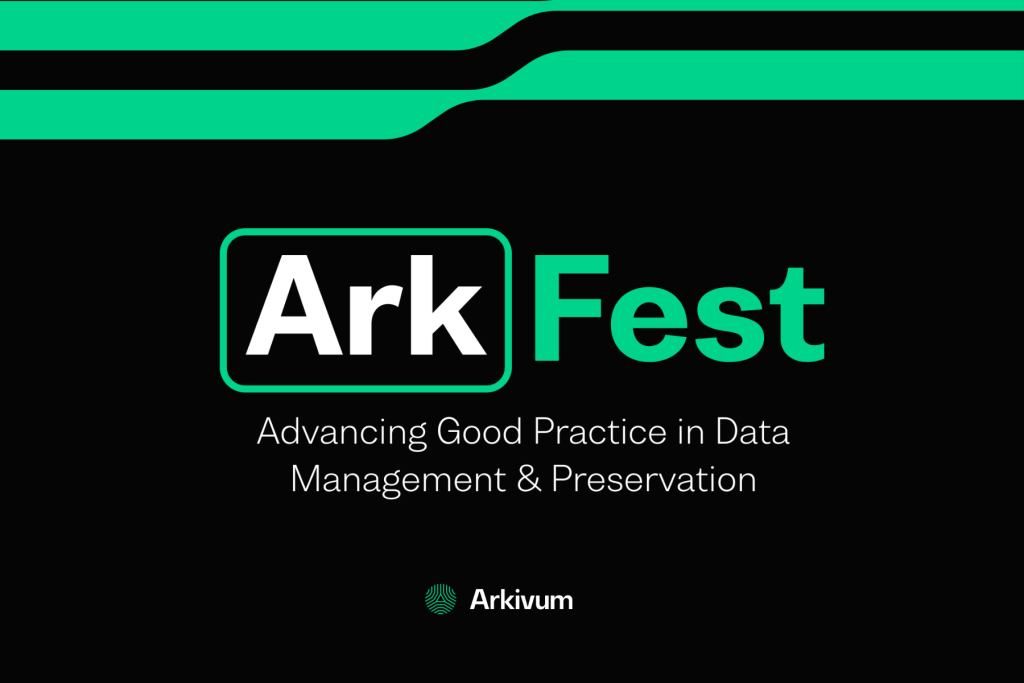Inspection Time: Results of the GCP IWG 2021 and How to Improve your results for 2023
Introduction
The results are in from the Annual Report of the Good Clinical Practice (GCP) Inspectors Working Group (IWG) 2021. For those who are unaware, the GCP IWG is active in the provision of updated guidance on GCP and community practices related to inspections. Now, you might be wondering why we aren’t looking at the 2022 results; it generally takes around a year for the results to be published and for the GCP IWG to adopt, hence why 2021 results are only now being published.
The results are a useful indication of common deficiencies found within inspections. In this blog, we will be exploring the Essential Documents and where organisations are most commonly lacking, and what you can do to prevent falling short with regulators.
The Results
The part you’ve all been waiting for. We’ve pulled out some key statistics formed of the most common issues, and what you can do to ensure you aren’t left unprepared this year.
It’s worth noting that all the inspections covered within this report were ‘non-routine’ due to COVID restrictions during the period we’re looking at. Looking ahead it is fully expected that both routine and non-routine inspections will take place, so you must be prepared and inspection-ready at any moment.
So, what does this mean for sponsors, and more specifically, what can we learn from a long-term data management perspective?
It is important to note that these investigations aren’t limited only to live clinical trials; they are also carried out on studies that have already concluded; which emphasises why your choice of long-term data management is so important.
Of the 27 site investigations, reports flagged three issues relating to the Essential Documents that were critical, 12 that were major, and 25 minors.
Included below are some of the recurring discrepancies found within the Essential Documents category, and why it matters to your organisation:
Documents missing in the Trial Master File (TMF).
Not only can missing documents delay your live trial, but the issue becomes magnified upon a study’s completion. Let’s say nine years down the road you are approached for an inspection and can’t find the documents you need. At this point, your CRO has likely deleted or disposed of any copies they might have had, leaving you in a tough predicament. EU Regulation requires your TMF to always contain the essential documents, meaning that if you are found with missing documents, you will be deemed non-compliant and will risk the repercussions, such as heavy fines.
As a result, digitising your documents isn’t enough. It is recommended that you place your essential documents in a dedicated archive where you can ensure they are preserved for the future. In our experience, it is useful to find a vendor who can perform checks during the migration process to ensure no data or documents are missing. In fact, we recently had a case where a sponsor was transferring their eTMF into our system, and we found that data from an entire site was missing; fortunately, they were able to correct this issue before sign-off with their CRO.
TMF table of contents not granular enough to allow knowing which documents are located in each section.
The benefits of properly indexing are easily overlooked, despite its significance to inspection readiness. GCP principles state how TMF content should be suitably indexed to provide context and meaning to the records, ideally in accordance with the TMF Reference Model. The point here is to archive the data somewhere which supports advanced indexing and search. Although this could be achieved through say, a USB stick, you would have to go through a lot more trouble adding a separate metadata file, which ultimately wouldn’t be as advanced as a built-for-purpose solution.
Not only this but attributing each file with appropriately detailed metadata will ensure that files can be easily located within the archive and retrieved when required. If an inspection occurs many years after the study’s completion, you can’t rely on human memory to locate the required documents, or that the same people originally working on the project will even still be there. Ineffective or a lack of metadata will make it even harder to quickly find the documents you need.
Failing to utilise these methods in the correct manner not only impacts searchability, but it can also affect your readiness of accessing these documents when an inspection is due.
Deletion of documents allowed without the need for quality check and not traceable.
Finding a system that can manage user access control and record audit trails should be at the top of your list when it comes to archiving your documents. EU regulation states that user access should be determined by role, and associated responsibility to reinforce accountability.
You wouldn’t give your credit card to a stranger, so why let unauthorised users access and be able to edit or delete your essential documents? In the case of data risk management, you should always have a back-up copy to hand, so you know your original documents will always be safe.
How can I improve inspection readiness?
Put simply, the answer is to have a dedicated digital archive to ensure the long-term preservation of these valuable documents. If you’d like to learn more about the dangers of storing your eTMF in a live system, we’ve written a blog on it here.
Long-term management of Essential Documents is necessary, which is why it is so important to safeguard your documents in a place that is secure. Inconsistencies do happen and the consequences are very real, especially in the case of a critical discrepancy. The importance is in finding a dedicated system that will help you mitigate these risks.
Failure to comply could put your trial (both live and completed) at risk, yet by putting simple measures in place you can ensure that you can access your precious documents for 25+ years, in line with regulations, or for however long you might need them.
If inspections are something you worry about, or if you’d simply like to find out more about how we can help preserve your completed TMF documents for the long-term, contact us.

Caitlin Morris
Caitlin is the Content Marketing Manager at Arkivum. She joined the company in 2022 and is responsible for internal and external content creation and management. Caitlin has over 4 years of business and marketing experience.
Get in touch
Interested in finding out more? Click the link below to arrange a time with one of our experienced team members.
Book a demo